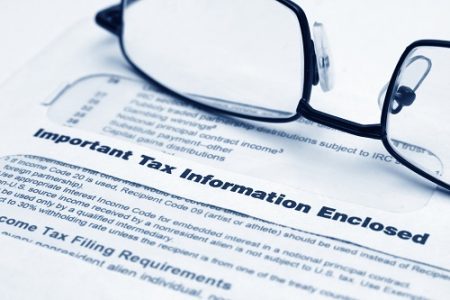
If you are at the point of filing for bankruptcy to get help with your debt, you may be wondering if your tax debt can also be wiped away. In some instances, yes, you can eliminate your tax debt as part of your bankruptcy. There are of course restrictions and rules to be able to relieve yourself of the tax debt.
Requirements for Discharge
All of these criteria must be met to be able to discharge your tax debt in a Chapter 7 bankruptcy.
- The due date on the tax return is at least three years before you file bankruptcy.
- The tax return was filed at least two years ago.
- You must not have been found guilty of tax fraud or tax evasion.
- The tax assessment must be at least 240 days old.
Current Taxes
If you are unable to pay the full amount of your current taxes, there are a few options you can take to try and avoid costly penalties and the appearance of tax evasion.
- Ask for an extension, and the IRS may give you an extra 60 days to pay the taxes due.
- Ask for an installment agreement.
- Ask about an offer in compromise, where you are offering to settle for a lesser amount.
If your tax debt is less than three years old and you file bankruptcy, it will depend on what chapter you file as to how your tax debt is handled. Chapter 7 bankruptcy will liquidate your assets, and the proceeds will go towards paying your debt. Since tax debt is a priority, it will be paid first. In a Chapter 13 bankruptcy, your tax debt will be included in a court-approved payment plan.
If you have questions about your tax debt and would like to know if you can eliminate them in bankruptcy, contact a McAllen bankruptcy attorney today.
